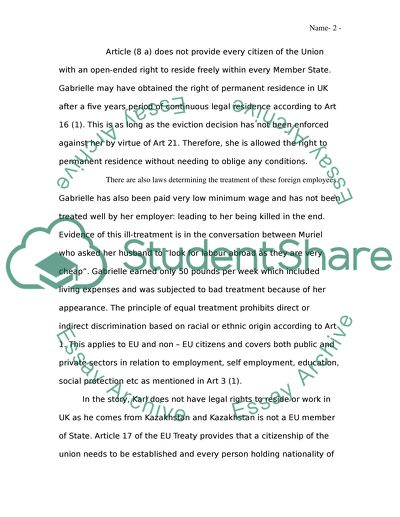Cite this document
(“EU Rights to citizenship Essay Example | Topics and Well Written Essays - 1000 words”, n.d.)
Retrieved de https://studentshare.org/politics/1503330-eu-rights-to-citizenship
Retrieved de https://studentshare.org/politics/1503330-eu-rights-to-citizenship
(EU Rights to Citizenship Essay Example | Topics and Well Written Essays - 1000 Words)
https://studentshare.org/politics/1503330-eu-rights-to-citizenship.
https://studentshare.org/politics/1503330-eu-rights-to-citizenship.
“EU Rights to Citizenship Essay Example | Topics and Well Written Essays - 1000 Words”, n.d. https://studentshare.org/politics/1503330-eu-rights-to-citizenship.


